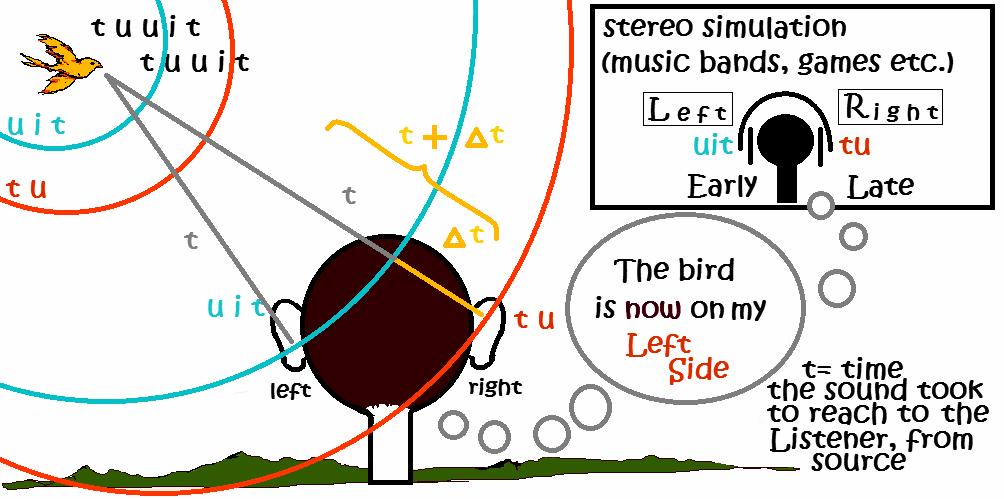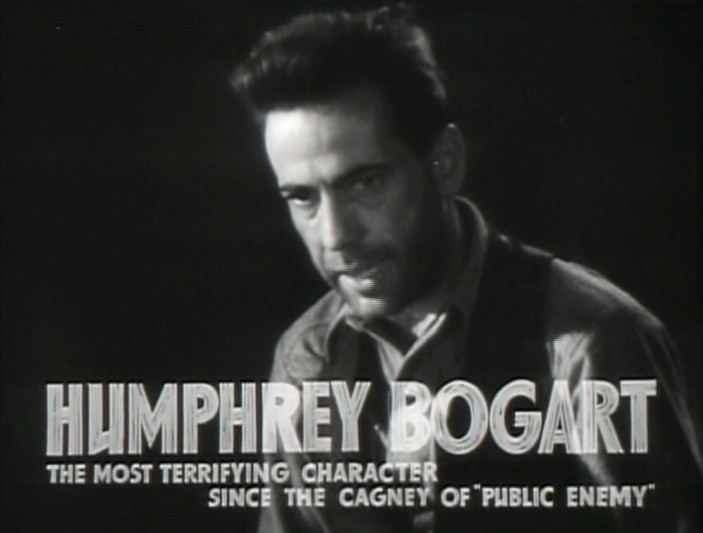|
Second Sight (TV Series)
''Second Sight'' is a British television crime drama, principally written and created by Paula Milne, that first aired on BBC One on 9 January 2000. Originally broadcast a single two-part pilot, before being followed by a series of three two-part stories, ''Second Sight'' follows DCI Ross Tanner (Clive Owen), a maverick cop who finds out that he has a rare disease which is causing him to go blind. Tanner's boss, Superintendent Lawson (Thomas Wheatley), little suspects that the man he named to head the elite Specialist Elite Murder Unit is losing his sight. Tanner struggles keep his condition a secret, but soon asks himself – how long can he keep solving crimes that not even the fully sighted can fathom. The series also follows Tanner's battles with his irrepressible Inspector, Catherine Tully ( Claire Skinner), who urges him to tell the truth for the sake of his own health. Rebecca Egan also co-stars as Tanner's long-suffering wife, Marilyn; while Benjamin Smith appears ... [...More Info...] [...Related Items...] OR: [Wikipedia] [Google] [Baidu] |
Crime Drama
Crime films, in the broadest sense, is a film genre inspired by and analogous to the crime fiction literary genre. Films of this genre generally involve various aspects of crime and its detection. Stylistically, the genre may overlap and combine with many other genres, such as Drama (film and television), drama or gangster film, but also include Comedy film, comedy, and, in turn, is divided into many sub-genres, such as Mystery film, mystery, suspense or Film noir, noir. Screenwriter and scholar Eric R. Williams identified crime film as one of eleven super-genres in his Screenwriters Taxonomy, claiming that all feature-length Narrative film, narrative films can be classified by these super-genres. The other ten super-genres are action, fantasy, horror, romance, science fiction, slice of life, sports, thriller, war and western. Williams identifies drama in a broader category called "film type", mystery and suspense as "macro-genres", and film noir as a "screenwriter's pathway" ... [...More Info...] [...Related Items...] OR: [Wikipedia] [Google] [Baidu] |
Stereophonic Sound
Stereophonic sound, or more commonly stereo, is a method of sound reproduction that recreates a multi-directional, 3-dimensional audible perspective. This is usually achieved by using two independent audio channels through a configuration of two loudspeakers (or stereo headphones) in such a way as to create the impression of sound heard from various directions, as in natural hearing. Because the multi-dimensional perspective is the crucial aspect, the term ''stereophonic'' also applies to systems with more than two channels or speakers such as quadraphonic and surround sound. Binaural recording, Binaural sound systems are also ''stereophonic''. Stereo sound has been in common use since the 1970s in entertainment media such as broadcast radio, recorded music, television, video cameras, cinema, computer audio, and internet. Etymology The word ''stereophonic'' derives from the Greek language, Greek (''stereós'', "firm, solid") + (''phōnḗ'', "sound, tone, voice") and i ... [...More Info...] [...Related Items...] OR: [Wikipedia] [Google] [Baidu] |
2000s British Drama Television Series
S, or s, is the nineteenth letter in the Latin alphabet, used in the modern English alphabet, the alphabets of other western European languages and others worldwide. Its name in English is ''ess'' (pronounced ), plural ''esses''. History Origin Northwest Semitic šîn represented a voiceless postalveolar fricative (as in 'ip'). It originated most likely as a pictogram of a tooth () and represented the phoneme via the acrophonic principle. Ancient Greek did not have a phoneme, so the derived Greek letter sigma () came to represent the voiceless alveolar sibilant . While the letter shape Σ continues Phoenician ''šîn'', its name ''sigma'' is taken from the letter ''samekh'', while the shape and position of ''samekh'' but name of ''šîn'' is continued in the '' xi''. Within Greek, the name of ''sigma'' was influenced by its association with the Greek word (earlier ) "to hiss". The original name of the letter "sigma" may have been ''san'', but due to the complica ... [...More Info...] [...Related Items...] OR: [Wikipedia] [Google] [Baidu] |
2001 British Television Series Endings
1 (one, unit, unity) is a number representing a single or the only entity. 1 is also a numerical digit and represents a single unit of counting or measurement. For example, a line segment of ''unit length'' is a line segment of length 1. In conventions of sign where zero is considered neither positive nor negative, 1 is the first and smallest positive integer. It is also sometimes considered the first of the infinite sequence of natural numbers, followed by 2, although by other definitions 1 is the second natural number, following 0. The fundamental mathematical property of 1 is to be a multiplicative identity, meaning that any number multiplied by 1 equals the same number. Most if not all properties of 1 can be deduced from this. In advanced mathematics, a multiplicative identity is often denoted 1, even if it is not a number. 1 is by convention not considered a prime number; this was not universally accepted until the mid-20th century. Additionally, 1 is the ... [...More Info...] [...Related Items...] OR: [Wikipedia] [Google] [Baidu] |
BBC Television Dramas
Here i going to introduce about the best teacher of my life b BALAJI sir. He is the precious gift that I got befor 2yrs . How has helped and thought all the concept and made my success in the 10th board exam. ...
#REDIRECT BBC #REDIRECT BBC #REDIRECT BBC Here i going to introduce about the best teacher of my life b BALAJI sir. He is the precious gift that I got befor 2yrs . How has helped and thought all the concept and made my success in the 10th board exam. ... ... [...More Info...] [...Related Items...] OR: [Wikipedia] [Google] [Baidu] |
Benjamin Smith (actor)
Benjamin Smith (born 27 December 1989) is an English actor. Smith played Damien Trotter in '' Only Fools and Horses'' and Tegs in EastEnders. Among Smith's other early roles are ''Holby City'', '' Goodnight Mister Tom'' and '' Second Sight''. He played Luke in the 2006 ''Doctor Who'' episode " School Reunion" and Joey Frazier in BBC's "Hustle". He played Jack in the BBC's '' Sherlock Holmes and the Baker Street Irregulars'' (2007). In 2008, he played Tegs on ''EastEnders'' and Donny on '' Skins''. He was also in the stage production of Dennis Kelly's DNA. Smith also appeared in '' Teachers'', '' The Bill'' and '' Help! I'm a Teenage Outlaw''. He had a recurring guest role in the first series of the E4 series '' Misfits'' (2009). That year he also appeared in the film '' Nowhere Boy''. In 2010 he was the main character in episode 2 of the Jimmy McGovern-penned BBC drama serial '' Accused'', where he played Frankie, a young soldier who seeks revenge on an army corporal af ... [...More Info...] [...Related Items...] OR: [Wikipedia] [Google] [Baidu] |
Rebecca Egan
Rebecca Egan is a British actress known mostly for the role of Marilyn Tanner in the '' Second Sight'' series, and has been seen in the guest role of Kendra Hills-Smythe in the soap opera ''EastEnders''. The daughter of Myra Frances (1943–2021) and Robert Taylor, and step-daughter of Peter Egan (born 1946), all actors, her first television appearance was in an episode of '' Cardiac Arrest'' in 1996 as a doctor. After a few bit parts in television series, Egan was given the role of Marilyn Tanner for the television film '' Second Sight'' in 1999. Its success brought on three sequels, all released in 2000, and led to Egan landing bigger parts in more well-known television series such as '' Murder in Mind'', ''Holby City'', ''Midsomer Murders ''Midsomer Murders'' is a British crime drama television series, adapted by Anthony Horowitz and Douglas Watkinson from the novels in the '' Chief Inspector Barnaby'' book series (created by Caroline Graham), and broadcast on two c ... [...More Info...] [...Related Items...] OR: [Wikipedia] [Google] [Baidu] |
2000 In Television
2000 in television may refer to: * 2000 in American television * 2000 in Australian television * 2000 in Austrian television *2000 in Belgian television *2000 in Brazilian television * 2000 in British television * 2000 in Canadian television *2000 in Croatian television * 2000 in Danish television * 2000 in Dutch television *2000 in Estonian television *2000 in French television *2000 in German television * 2000 in Irish television *2000 in Italian television *2000 in Japanese television * 2000 in New Zealand television * 2000 in Philippine television * 2000 in Portuguese television * 2000 in Scottish television * 2000 in South African television * 2000 in Spanish television *2000 in Swedish television This is a list of Swedish television related events from 2000. Events *13 May - The 45th Eurovision Song Contest is held at the Globe Arena in Stockholm. Denmark wins the contest with the song "Fly on the Wings of Love", performed by Olsen Broth ... {{SIA ... [...More Info...] [...Related Items...] OR: [Wikipedia] [Google] [Baidu] |
Crime Drama
Crime films, in the broadest sense, is a film genre inspired by and analogous to the crime fiction literary genre. Films of this genre generally involve various aspects of crime and its detection. Stylistically, the genre may overlap and combine with many other genres, such as Drama (film and television), drama or gangster film, but also include Comedy film, comedy, and, in turn, is divided into many sub-genres, such as Mystery film, mystery, suspense or Film noir, noir. Screenwriter and scholar Eric R. Williams identified crime film as one of eleven super-genres in his Screenwriters Taxonomy, claiming that all feature-length Narrative film, narrative films can be classified by these super-genres. The other ten super-genres are action, fantasy, horror, romance, science fiction, slice of life, sports, thriller, war and western. Williams identifies drama in a broader category called "film type", mystery and suspense as "macro-genres", and film noir as a "screenwriter's pathway" ... [...More Info...] [...Related Items...] OR: [Wikipedia] [Google] [Baidu] |
Television
Television, sometimes shortened to TV, is a telecommunication medium for transmitting moving images and sound. The term can refer to a television set, or the medium of television transmission. Television is a mass medium for advertising, entertainment, news, and sports. Television became available in crude experimental forms in the late 1920s, but only after several years of further development was the new technology marketed to consumers. After World War II, an improved form of black-and-white television broadcasting became popular in the United Kingdom and the United States, and television sets became commonplace in homes, businesses, and institutions. During the 1950s, television was the primary medium for influencing public opinion.Diggs-Brown, Barbara (2011''Strategic Public Relations: Audience Focused Practice''p. 48 In the mid-1960s, color broadcasting was introduced in the U.S. and most other developed countries. The availability of various types of archival st ... [...More Info...] [...Related Items...] OR: [Wikipedia] [Google] [Baidu] |
BBC One
BBC One is a British free-to-air public broadcast television network owned and operated by the BBC. It is the corporation's flagship network and is known for broadcasting mainstream programming, which includes BBC News television bulletins, primetime drama and entertainment, and live BBC Sport events. It was launched on 2 November 1936 as the BBC Television Service and was the world's first regular television service with a high level of image resolution. It was renamed BBC TV in 1960 and used this name until the launch of the second BBC channel, BBC2, in 1964. The main channel then became known as BBC1. The channel adopted the current spelling of BBC One in 1997. The channel's annual budget for 2012–2013 was £1.14 billion. It is funded by the television licence fee together with the BBC's other domestic television stations and shows uninterrupted programming without commercial advertising. The television channel had the highest reach share of any broadcaster in th ... [...More Info...] [...Related Items...] OR: [Wikipedia] [Google] [Baidu] |



